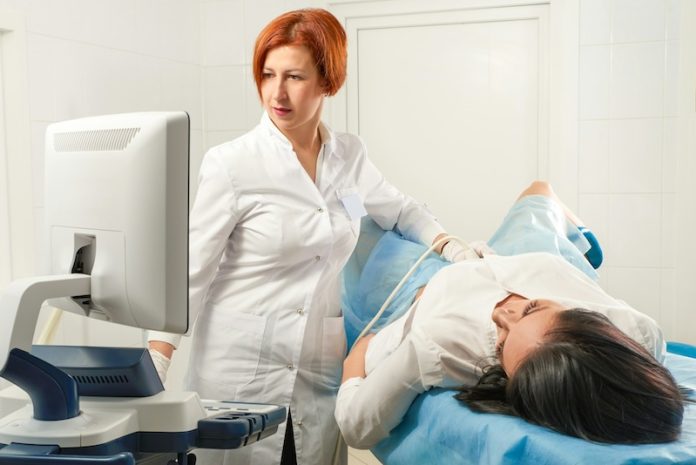
Ovarian cancer is a serious disease that affects many women worldwide.
It begins in the ovaries, which are part of the female reproductive system, and can spread to other parts of the body if not detected early.
Understanding the common causes of ovarian cancer can help us take preventive measures and be aware of the risks. Let’s delve into what researchers have discovered about this disease in simple terms.
One of the primary causes of ovarian cancer is genetic mutations. Our genes, which are made up of DNA, dictate how our cells grow and function. When there are changes or “mutations” in certain genes, they can increase the risk of cancer.
The most well-known genes associated with ovarian cancer are BRCA1 and BRCA2. Mutations in these genes can significantly raise a woman’s risk of developing ovarian cancer, as well as breast cancer.
Women who have a family history of ovarian or breast cancer are often advised to undergo genetic testing to see if they carry these mutations.
Another significant factor is age. The risk of ovarian cancer increases as a woman gets older, particularly after menopause. Most cases of ovarian cancer are diagnosed in women aged 50 and older. This doesn’t mean younger women can’t get ovarian cancer, but it is less common.
Hormonal factors also play a role. Research has shown that the number of times a woman ovulates in her lifetime can impact her risk.
Women who have never been pregnant, who started menstruating at a young age, or who went through menopause at a later age have a higher risk of developing ovarian cancer. This is because they have more ovulation cycles, which may increase the chance of cancerous changes in the ovaries.
Certain reproductive technologies, like in-vitro fertilization (IVF), have been studied for their potential link to ovarian cancer.
While some studies suggest a slight increase in risk, the evidence is not conclusive, and more research is needed. It’s important for women undergoing these treatments to discuss any concerns with their doctors.
Lifestyle factors can also influence the risk of ovarian cancer. For instance, obesity has been linked to an increased risk of many cancers, including ovarian cancer. Maintaining a healthy weight through diet and exercise is beneficial for overall health and can help reduce the risk of various diseases, including cancer.
Some studies have looked into the impact of diet on ovarian cancer risk. While the findings are not definitive, there is evidence to suggest that a diet high in fruits and vegetables and low in processed foods might lower the risk.
Additionally, some research indicates that the use of talcum powder in the genital area might be linked to a slight increase in ovarian cancer risk, though this is still a topic of debate among scientists.
Another potential risk factor is the use of hormone replacement therapy (HRT) after menopause. Some studies have found that women who use HRT, particularly estrogen-only therapy, have a higher risk of developing ovarian cancer. It’s crucial for women considering HRT to discuss the risks and benefits with their healthcare providers.
Finally, certain inherited conditions can increase the risk of ovarian cancer. For example, Lynch syndrome, also known as hereditary nonpolyposis colorectal cancer (HNPCC), increases the risk of several types of cancer, including ovarian cancer.
Women with a family history of Lynch syndrome should consider genetic counseling and testing.
While we don’t have all the answers yet, ongoing research continues to shed light on the causes of ovarian cancer.
By understanding these risk factors, women can make informed decisions about their health. Regular check-ups and being aware of the symptoms, such as bloating, pelvic pain, and changes in bowel habits, can lead to early detection and better outcomes.
In summary, ovarian cancer is influenced by a combination of genetic, hormonal, and lifestyle factors. Genetic mutations, age, ovulation frequency, obesity, diet, hormone replacement therapy, and certain inherited conditions all play a role.
Staying informed, maintaining a healthy lifestyle, and consulting with healthcare providers can help women manage their risk and take proactive steps toward their well-being.
If you care about cancer, please read studies about vitamin D and bowel cancer, and a cautionary note about peanuts and cancer.
For more health information, please see recent studies about the link between ultra-processed foods and cancer, and everyday foods to ward off pancreatic cancer.
Copyright © 2024 Knowridge Science Report. All rights reserved.



